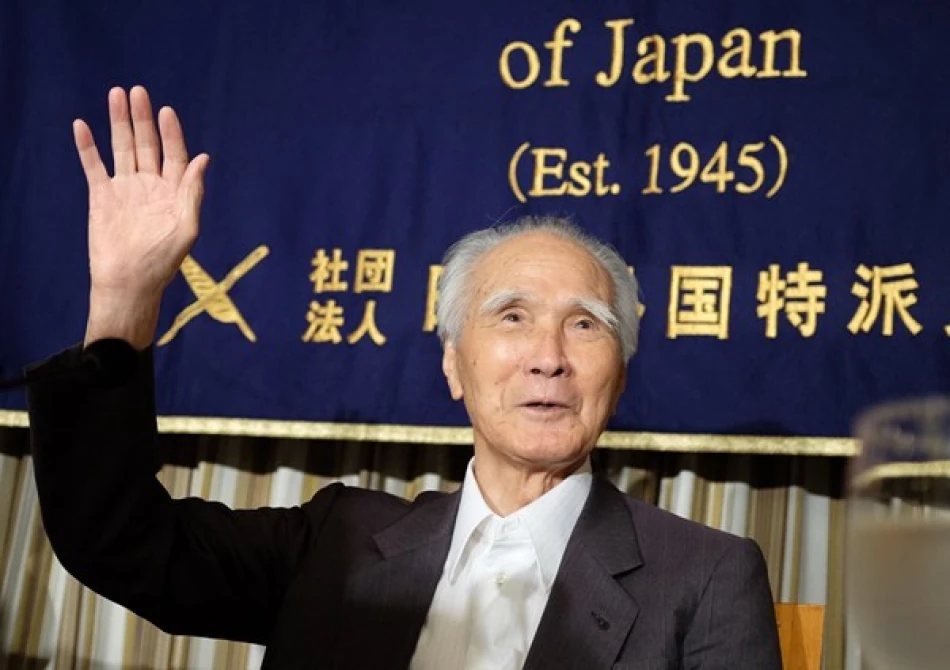
Former Japanese Prime Minister Tomiichi Murayama Passes Away: A Pivotal Political Figure's Legacy
Tomiichi Murayama, Japan's former prime minister who became known worldwide for his historic apology to victims of World War II, died at age 101 in a hospital in his hometown of Oita in southwestern Japan. His death marks the end of an era for Japan's post-war reconciliation efforts and progressive politics.
Mizuho Fukushima, leader of the Social Democratic Party of Japan, confirmed Murayama's death in an official statement. The former leader had been receiving medical care in recent years but remained a respected voice in Japanese politics until his final days.
Murayama led Japan as head of a coalition government from June 1994 to January 1996. At the time, he served as leader of what was then called the Japan Socialist Party. His tenure came at a crucial moment in Japan's post-war history, fifty years after the end of World War II.
His most significant contribution came in August 1995 when he issued what became known as the "Murayama Statement." In it, he offered Japan's first clear government apology for the country's wartime actions, expressing "deep remorse" and "heartfelt apology" for the damage and suffering caused to many countries, particularly in Asia, during the war.
The apology was groundbreaking because previous Japanese leaders had avoided taking full responsibility for wartime actions. Murayama's statement acknowledged Japan's colonial rule and aggression, helping to ease tensions with neighboring countries like South Korea and China, though diplomatic challenges remained.
For investors and regional markets, Murayama's legacy represents the foundation of Japan's modern diplomatic relationships in Asia. His approach to historical reconciliation helped create the stable regional environment that allowed for increased trade and investment flows between Japan and its neighbors over the following decades.
Murayama's death comes as Japan continues to navigate complex relationships with its Asian neighbors, where historical issues still surface in diplomatic and trade discussions. His approach of direct acknowledgment and apology remains a reference point for how countries can address difficult historical chapters.
Most Viewed News

 Layla Al Mansoori
Layla Al Mansoori






